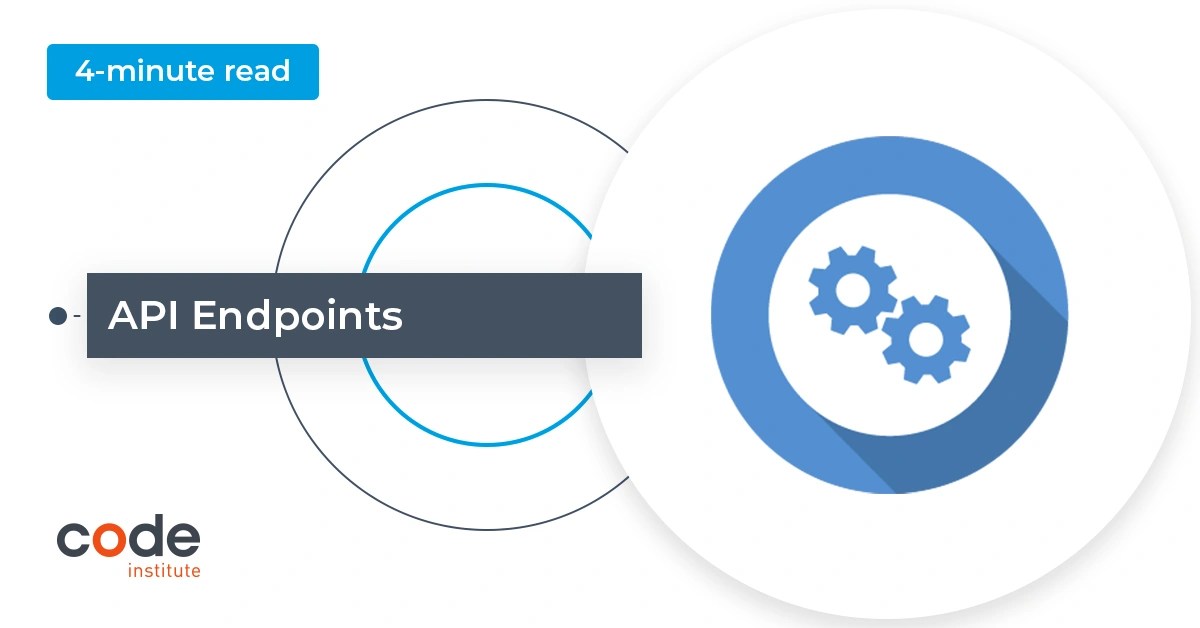In today's fast-paced digital landscape, understanding web traffic and user behavior is crucial for businesses aiming to stay ahead of the competition. The Similarweb API end points offer a powerful solution for developers and marketers seeking to tap into valuable online insights. By leveraging these end points, users can access a plethora of data on website performance, audience engagement, and market trends, allowing for informed decision-making and strategic planning.
With the rise of data-driven marketing and the need for accurate analytics, Similarweb provides a unique platform that fosters deep dives into competitive analysis. The API end points are designed to facilitate seamless integration of web traffic insights into existing applications, enabling organizations to enhance their digital strategies. This article aims to demystify the Similarweb API end points, exploring their functionalities, benefits, and how they can be harnessed for maximum impact.
Whether you're a seasoned developer, a marketing professional, or a business owner looking to leverage data for growth, understanding the capabilities of Similarweb API end points can provide a significant advantage. By the end of this article, you'll be equipped with the knowledge to effectively utilize these end points, empowering your organization to make data-driven decisions that propel success.
What Are Similarweb API End Points?
Similarweb API end points are specific URLs that allow users to access different types of data related to website traffic and performance. These end points serve as gateways to a wealth of information, providing developers with the tools necessary to extract insights about their own websites as well as those of competitors. From traffic sources to audience demographics, the API end points cover various aspects of web analytics.
How Do Similarweb API End Points Work?
The operation of Similarweb API end points is relatively straightforward. By making HTTP requests to the specified URLs, users can retrieve data in a structured format, typically JSON or XML. Each end point corresponds to a specific type of data, allowing users to request only the information they need. This flexibility makes it easy to integrate the API into applications, enabling real-time data access and analysis.
What Kind of Data Can You Access Through Similarweb API End Points?
One of the key advantages of Similarweb API end points is the variety of data available. Key data categories include:
- Website traffic statistics
- Top traffic sources
- Audience demographics
- Competitor analysis
- Industry benchmarks
Why Use Similarweb API End Points?
The decision to utilize Similarweb API end points can be driven by several compelling reasons. For businesses looking to enhance their digital strategies, these end points provide invaluable insights that can inform marketing campaigns, product development, and overall business strategy. The ability to access real-time data allows companies to stay agile and responsive to market changes.
How Can Businesses Benefit from Similarweb API End Points?
Businesses can leverage Similarweb API end points to:
- Conduct competitive analysis to identify strengths and weaknesses
- Understand audience behavior and preferences
- Optimize marketing strategies based on data-driven insights
- Monitor website performance and traffic trends
What Are the Common Use Cases for Similarweb API End Points?
Some common use cases for Similarweb API end points include:
- Market research and analysis
- Performance benchmarking against competitors
- Content strategy development based on audience interests
- Ad campaign targeting and optimization
How to Get Started with Similarweb API End Points?
Getting started with Similarweb API end points involves a few key steps:
- Sign up for a Similarweb account to access the API documentation.
- Obtain your API key, which is necessary for making requests.
- Familiarize yourself with the available end points and their functionalities.
- Integrate the API into your application using your preferred programming language.
- Start making requests to retrieve the data you need.
What Programming Languages Can You Use with Similarweb API End Points?
Similarweb API end points can be accessed using various programming languages, making it versatile for developers. Common languages include:
- Python
- JavaScript
- Java
- PHP
Are There Any Limitations to Using Similarweb API End Points?
While Similarweb API end points offer extensive data access, there are limitations to be aware of:
- Rate limits may apply, restricting the number of requests you can make in a given timeframe.
- Some data may require a premium subscription for access.
- API responses may vary in granularity depending on the end point.
Conclusion: Harnessing the Power of Similarweb API End Points
In conclusion, Similarweb API end points provide a robust solution for businesses looking to gain a competitive edge in the digital marketplace. By understanding how to effectively utilize these end points, organizations can unlock valuable insights that inform strategy and drive growth. Whether for competitive analysis, audience understanding, or performance monitoring, the Similarweb API is a powerful tool in the arsenal of data-driven decision-making.
You Might Also Like
Sasha Pieterse: A Rising Star In The X-Men UniverseUnveiling The Allure Of Cruella Morgan's OnlyFans Videos
Mia Khalifa: A Glimpse Into Her Transformation Before The Boob Job
Exploring The Life And Career Of Elisa Jordana
Unveiling The Life Of Conner Floyd's Wife: A Journey Of Love And Partnership
Article Recommendations


